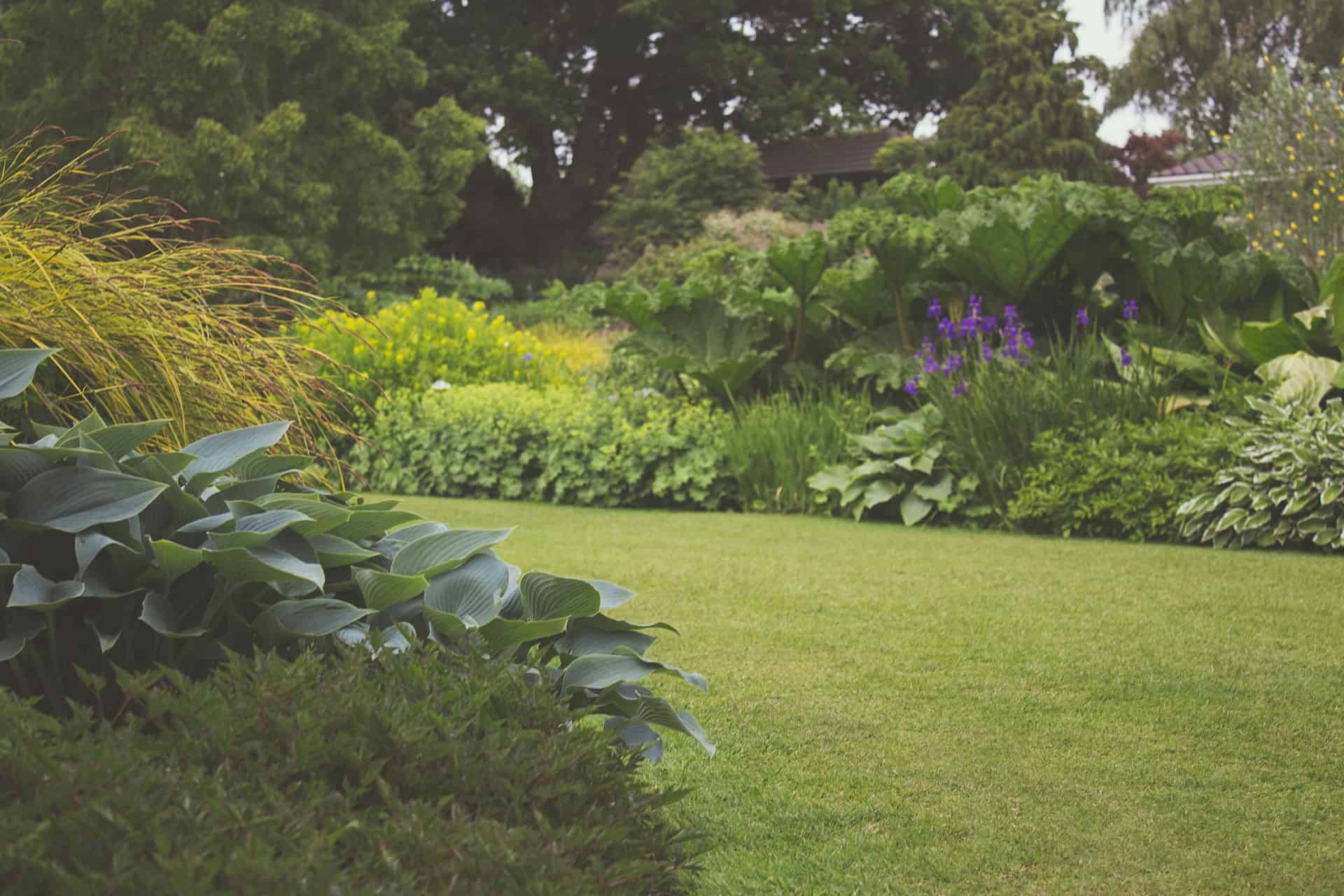 Now that spring is almost here, you'll finally be able to get back to work in the garden.
Now that spring is almost here, you'll finally be able to get back to work in the garden.
Planting and preparing will be high priorities next month, weather permitting.
After all that wet weather, though, your task might be made more difficult by the presence of a few unwanted visitors.
Slugs and snails were recently voted top of the list of pests for the second year running, according to the Royal Horticultural Society. The recent wet, mild weather has provided an ideal environment for them to thrive.
Countermeasures are certainly called for – but thankfully this needn't mean covering your garden in chemicals to deter slugs.
Writing in the Express, Alan Titchmarsch suggests a number of eco-friendly methods for protecting your plants.
Slugs can be deterred using copper tape. Putting it along the timber rims of raised vegetable beds or putting copper rings round emerging crowns of at-risk perennials such as delphiniums can serve as an effective deterrent. Copper tape with toothed edges is even more effective.
Pheromone traps and insect-proof netting can be obtained to protect your plants from bugs.
Environmentally-friendly slug pellets that contain harmless ferric phosphate instead of metaldehyde can be used. Saucers of beer and spray-on yucca extract can also be used to deter slugs.
Natural powders and sprays are available to ensure beneficial insects such as bees are not harmed. Products based on rapeseed oil can be effective, along with fatty acids for use on flowers and fruit and veg.
Pyrethrum powders or sprays (made from chrysanthemum flowers) can be used to treat aphids, caterpillars, ants, weevils and flea beetles.
You could try obtaining varieties of vegetables that have been bred to contain an in-built resistance to pests. Many roses and some tomatoes, potatoes and carrots have been bred to resist pests and diseases.
Predators and parasites can be obtained to tackle some pests, such as slugs, vine weevils, greenflies, chafer grubs or leatherjackets in lawns, and red spider mites, whiteflies or mealybugs in greenhouses.
Finally, nature herself can often be the best pest controller. Hardy annuals and herbs can be bred to encourage a healthy population of wild beneficial insects such as hover flies and ladybirds.




